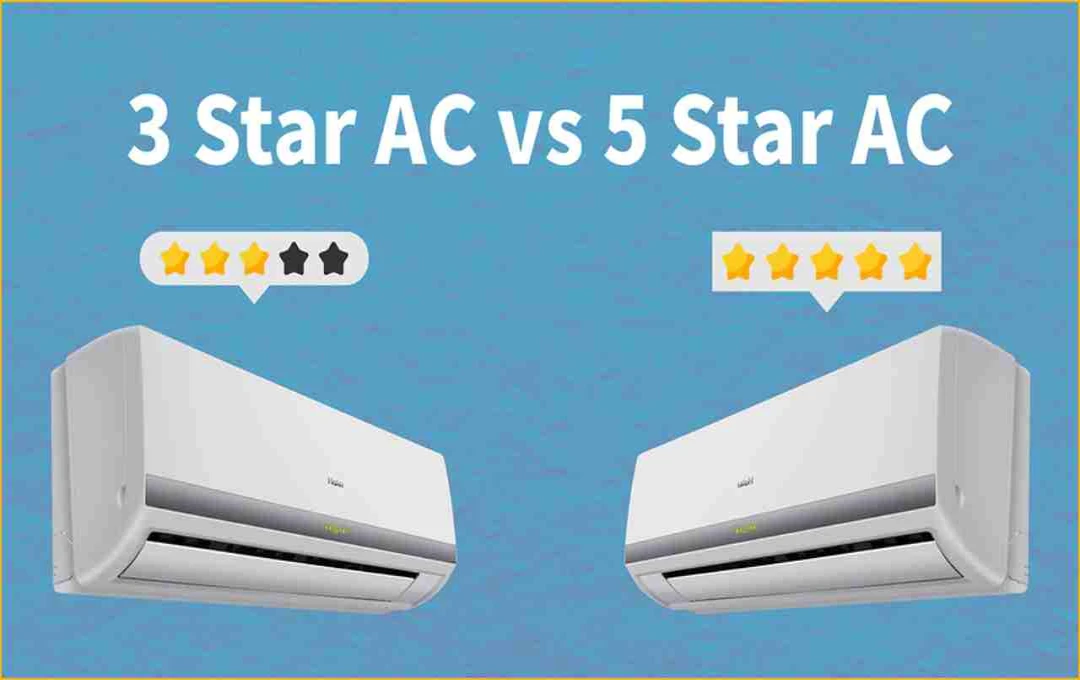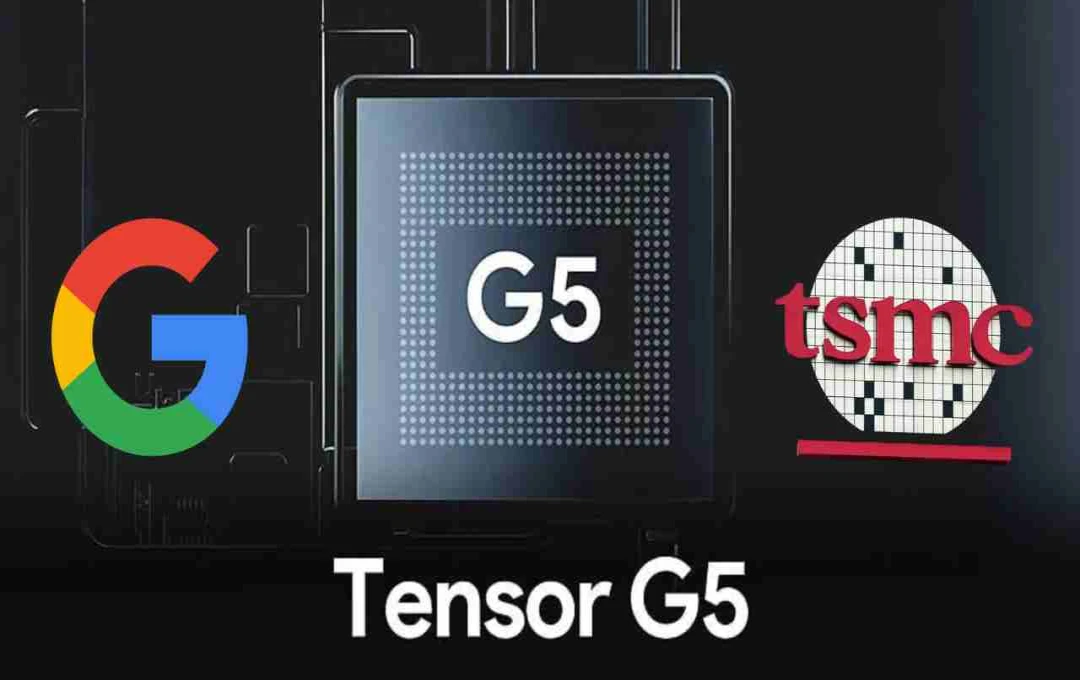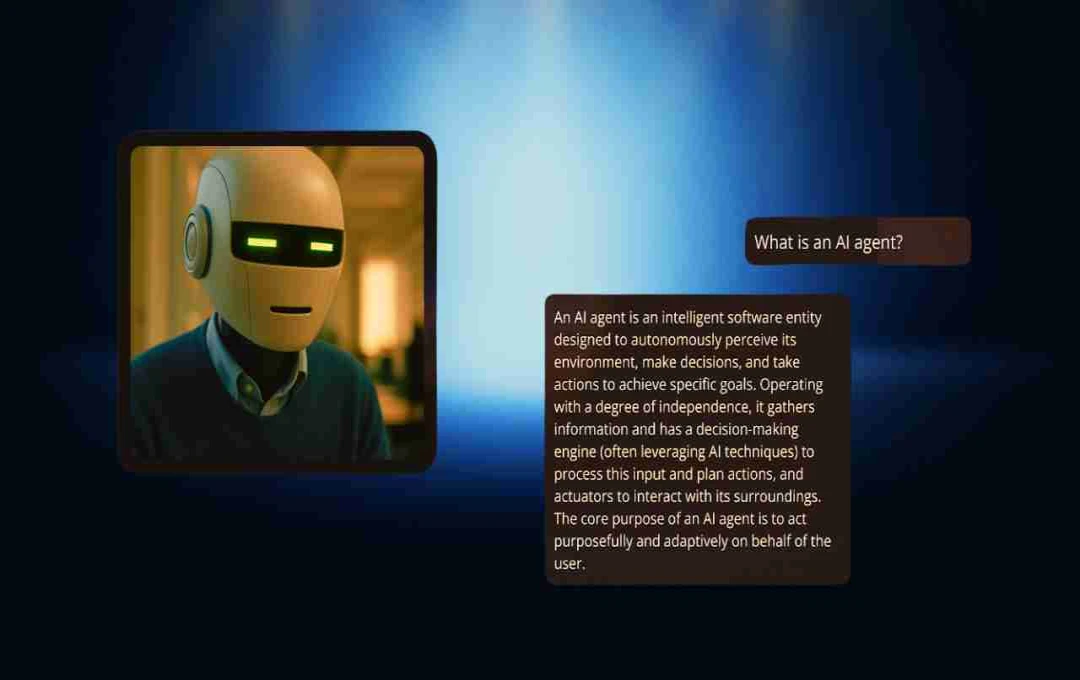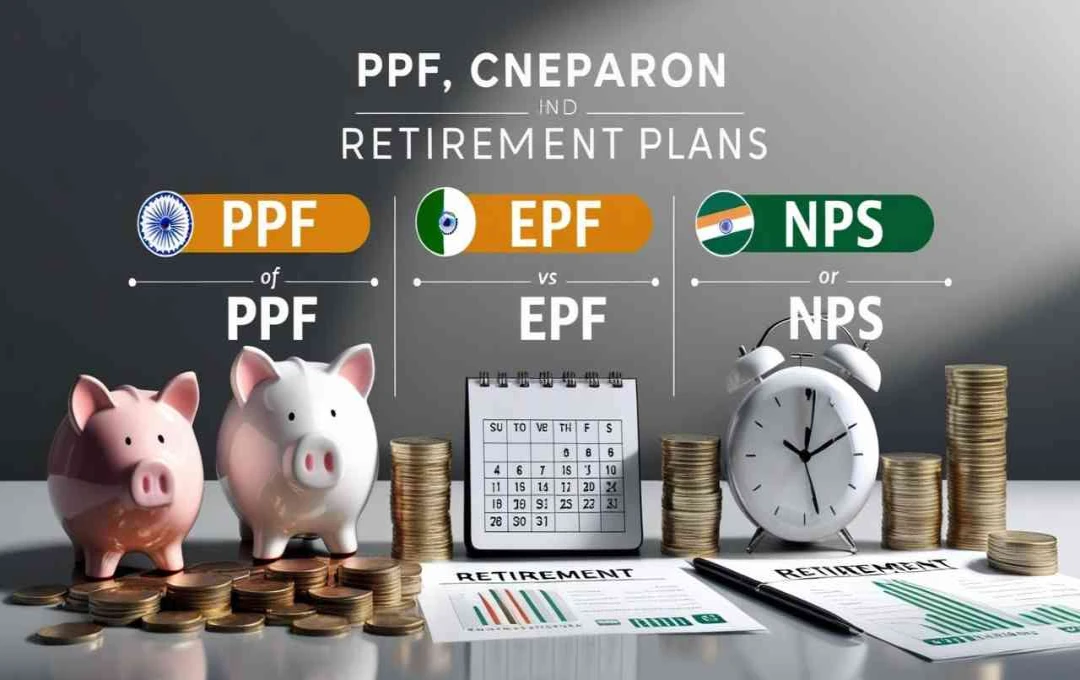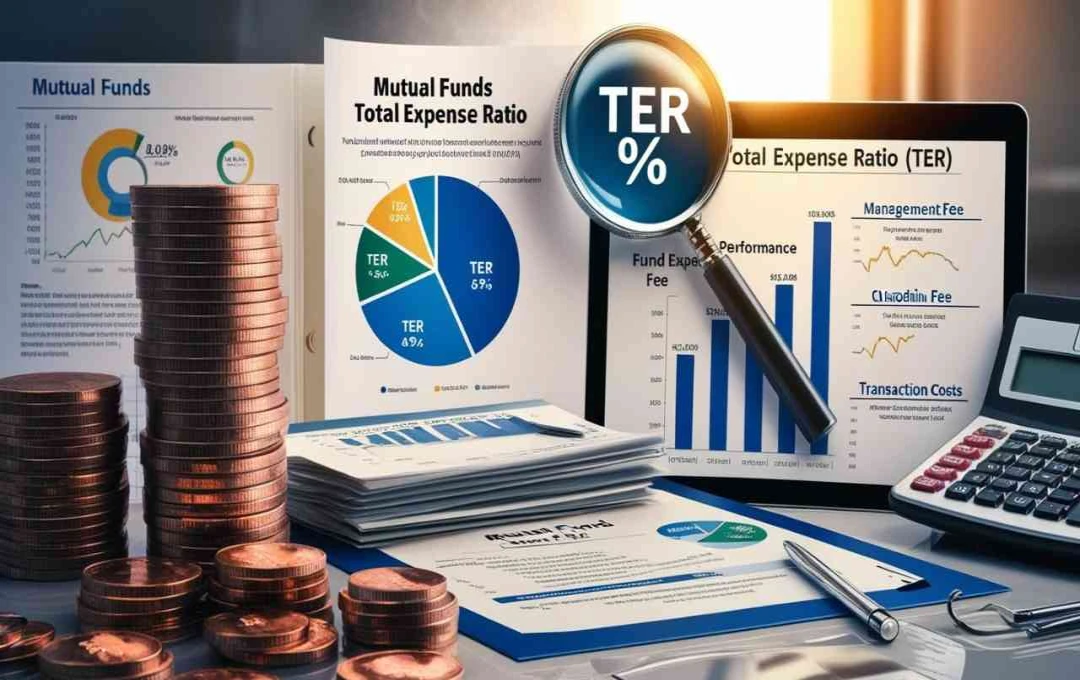If you run your AC for more than 6 to 8 hours a day, a 5-star rated inverter split AC might be the most suitable option for you. Choosing the wrong AC can not only increase electricity consumption but also compromise its efficiency. This article will guide you through the essential factors to consider when purchasing an AC to help you make an informed decision.
New Delhi: Air conditioners are a reliable solution for coolness and comfort during summer, but selecting the right model from the wide variety available in the market can often be challenging. When buying an AC, it is essential to pay particular attention to the correct tonnage capacity, energy efficiency, inverter technology, air filter quality, and brand. This article will provide you with complete information on the crucial aspects to understand before purchasing an air conditioner.
Choosing the Right AC Capacity
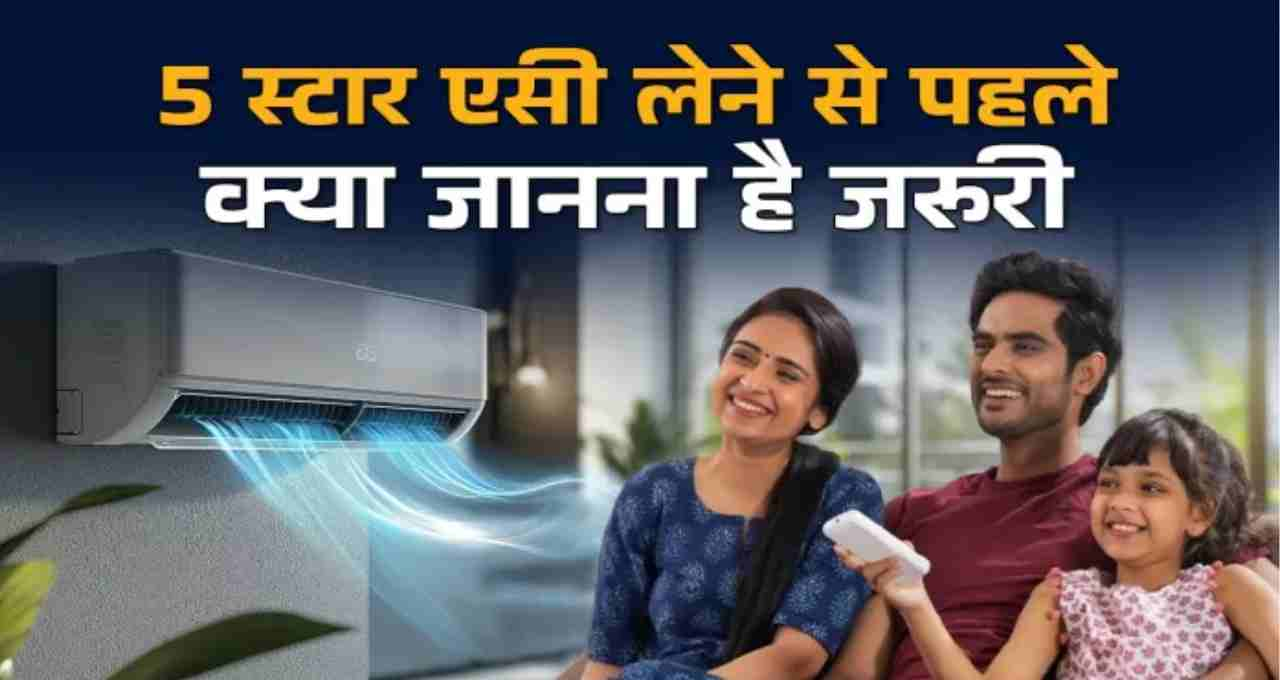
The tonnage capacity of an air conditioner is determined by the size of your room. A 1-ton capacity AC is better for small rooms, while a 1.5-ton AC is considered suitable for medium-sized rooms and a 2-ton AC for large rooms. Choosing the right capacity improves both AC efficiency and energy savings.
Key Considerations When Buying an AC
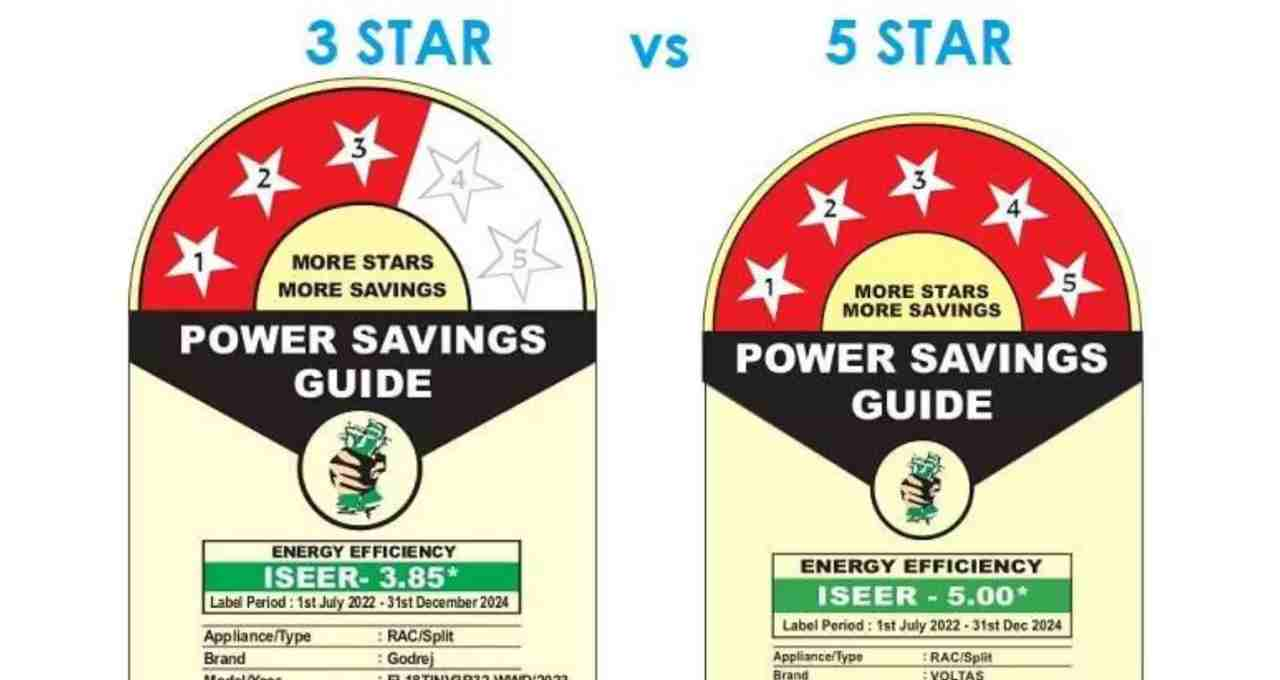
First, you need to decide whether you want a split AC or a window AC. A split AC has two units—an indoor unit and an outdoor unit. It provides better cooling and reduces noise. A window AC, on the other hand, is a single unit installed in a window. If you want quiet and effective cooling, a split AC is considered the best option.
The Importance of Energy Efficiency
The energy efficiency of an air conditioner is measured through the BEE star rating. 5-star rated ACs consume the least electricity, although they are slightly more expensive. 3-star ACs are a good option, but they consume slightly more electricity than 5-star ones. 1 or 2-star ACs are cheaper but consume significantly more energy. If you run your AC for more than 6-8 hours daily, buying a 5-star model is better as it saves electricity and reduces your electricity bill.
Inverter vs. Non-Inverter Technology
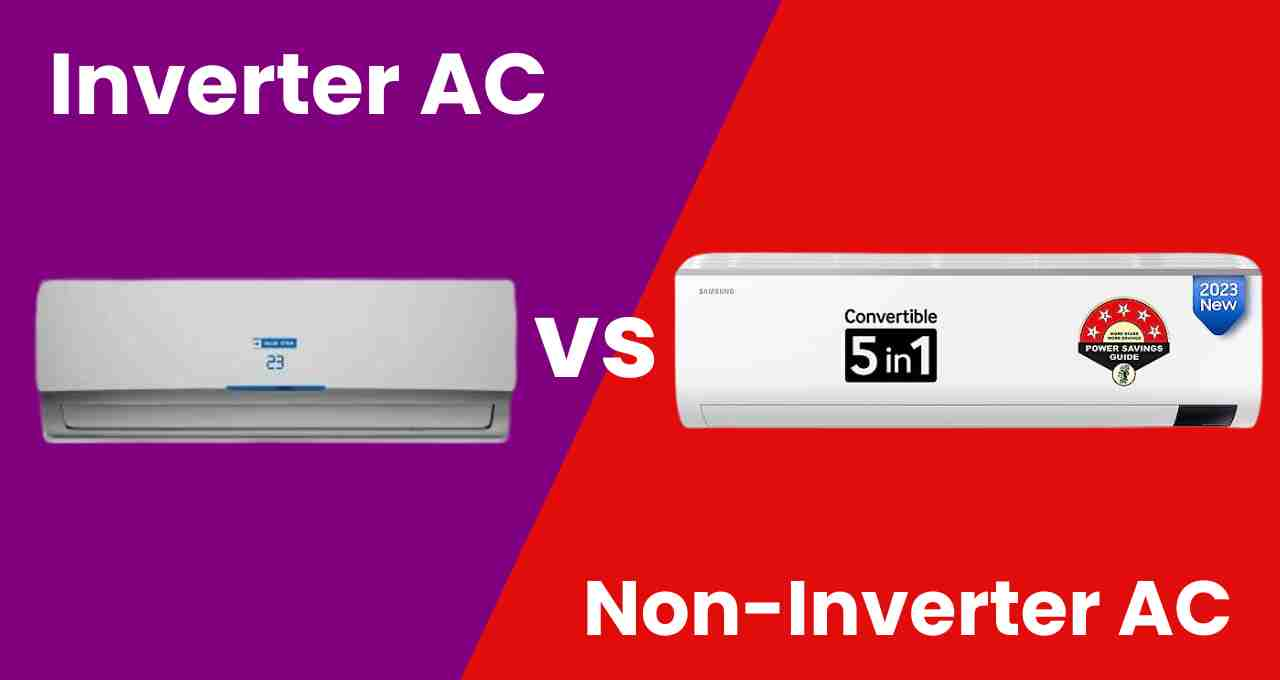
ACs come in two technologies—inverter and non-inverter. An inverter AC controls the compressor speed according to the temperature, reducing electricity consumption. A non-inverter AC turns on and off frequently, resulting in higher electricity costs. For extended use, an inverter AC proves to be better.
Air Filter and Air Quality
If you have allergies or asthma, choose ACs with better air filters. Dust filters trap dust and small particles, anti-bacterial filters protect against bacteria and viruses, and PM 2.5 filters improve air quality. These features ensure clean and healthy air in your home.
Cooling Speed and Available Modes
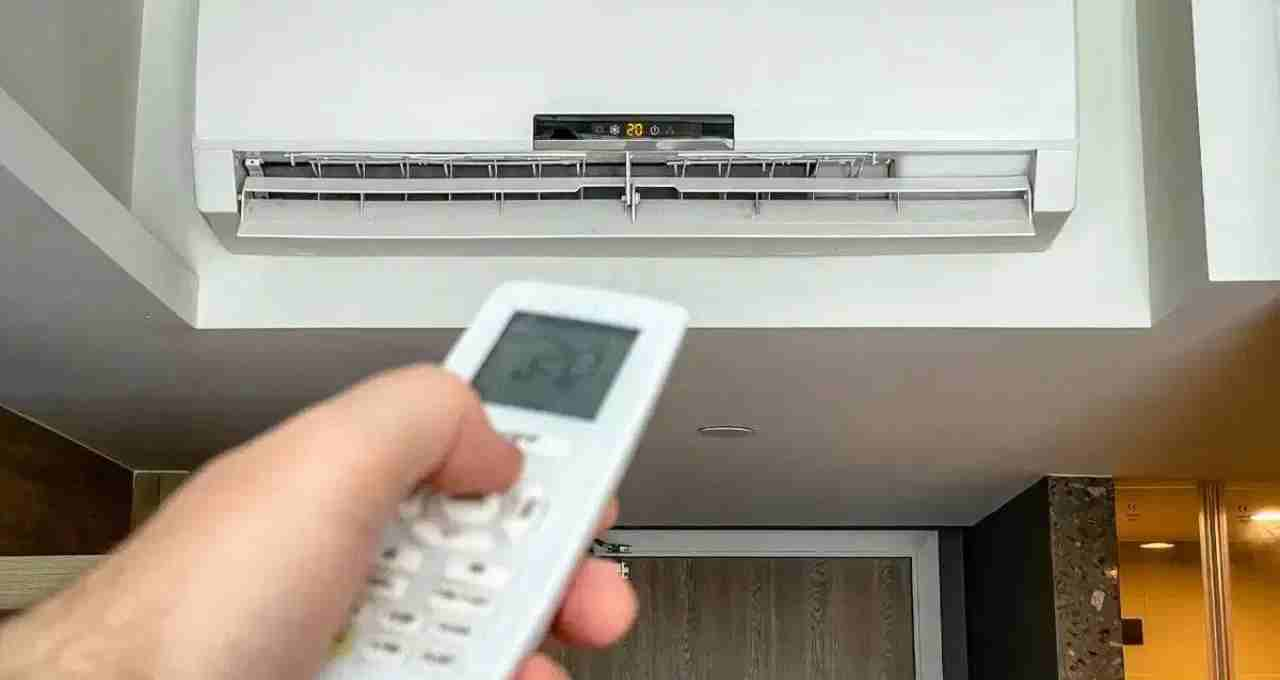
Modern air conditioners have several cooling modes that help you easily control the temperature. Turbo mode is designed for rapid cooling, while sleep mode maintains a comfortable and energy-saving temperature at night. Additionally, the timer mode allows you to set the AC to turn on and off according to your convenience.
Reliable Brand and Warranty
A good brand AC not only provides better cooling but also ensures energy savings. Check the warranty period when buying an AC. Most brands offer a standard warranty of 1-2 years along with a 5 to 10-year warranty on the compressor.
Consider Price and Budget

Air conditioner prices vary depending on the brand, capacity, features, and energy rating. Generally, window ACs cost between ₹20,000 and ₹35,000, split ACs range from ₹25,000 to ₹60,000, and inverter split ACs are available between ₹35,000 and ₹70,000. It's crucial to choose the right option based on your budget and needs.
